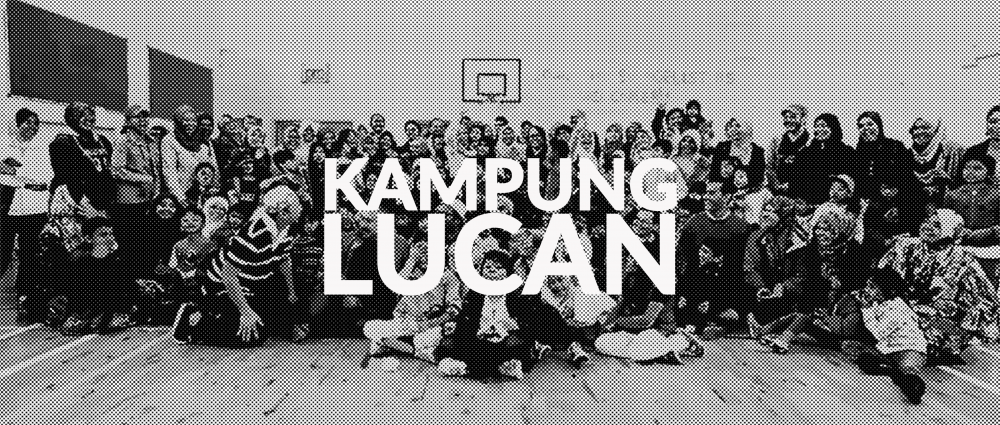Assalamualaykum to all brothers and sisters, my apology to the long pause in my writing regarding the rites of hajj.
One of the requirement to perform hajj as a muslim should know is the one has to be able. This include the responsibilities towards the family members and dependant that you will leave behind. Ensuring the family will be able to have basic comfort and assistance in case of emergency. Leaving list of contacts to the person responsible looking after the family who is looking after your family is vital.
The Islamic Wills prior to hajj.
It is advisable for us to make a living/Islamic wills prior to your trip to hajj.
When a Muslim dies there are four duties which need to be performed. These are:
1. payment of funeral expenses 2. payment of his/her debts 3. execution his/her will 4. distribution of the remaining estate amongst the heirs according to Sharia law.
An islamic will is a transaction which comes into operation after the testator’s death. The will is executed after payment of funeral expenses and any outstanding debts.
The one who makes a will (wasiyya) is called a testator (al-musi).
The one on whose behalf a will is made is generally referred to as a legatee or testatee (al-musa lahu). – penerima wasiat.
The one who execute the will is called ‘The executor of the will ‘ (Al-wasi Al- mukhtar)
The importance of the Islamic will
“It is the duty of a Muslim who has anything to bequest not to let two nights pass without writing a will about it.” (Sahih al-Bukhari)
“A man may do good deeds for seventy years but if he acts unjustly when he leaves his last testament, the wickedness of his deed will be sealed upon him, and he will enter the Fire. If, (on the other hand), a man acts wickedly for seventy years but is just in his last will and testament, the goodness of his deed will be sealed upon him, and he will enter the Garden.” (Ahmad and Ibn Majah)
The islamic will gives the testator an opportunity to help someone (e.g. a relative need such as an orphaned grandchild ) who is not entitled to inherit from him. The will can be used to clarify the nature of joint accounts, those living in commensality, appointment of guardian for one’s children and so on.
In countries where the intestate succession law is different from Islamic law it becomes absolutely necessary to write a will.
The Islamic Will
The Islamic will includes both bequests and legacies, instructions and admonishments, and assignments of rights.
No specific wording is necessary for making a will. In Islamic law the will (wasiyya) can be oral or written, and the intention of the testator must be clear that the wasiyya is to be executed after his death. Nowadays, a written will is better and should have two male witness to it.
The Testator (Al-musi)
Every adult Muslim with reasoning ability has the legal capacity to make a will. An adult for this purpose is someone who has reached puberty.
In Islamic law the power of the testator is limited in two ways:
Firstly, he cannot bequest more than 1/3 of his net estate unless the other heirs consent to the bequest or there are no legal heirs at all or the only legal heir is the spouse who gets his/her legal share and the residue can be bequeathed.
Narrated Sa‘d ibn Abi Waqqas (RA): “I was stricken by an ailment that led me to the verge of death. The Prophet came to pay me a visit. I said, “O Allah’s Apostle! I have much property and no heir except my single daughter. Shall I give two-thirds of my property in charity?” He said, “No.” I said, “Half of it?” He said, “No.” I said, “One-third of it?” He said, “You may do so, though one-third is also too much, for it is better for you to leave your offspring wealthy than to leave them poor, asking others for help…” (Sahih al-Bukhari, Sahah Muslim, Muwatta, Tirmidhi, Abu Dawud and Ibn Majah.)
2ndly, the testator cannot make a bequest in favour of a legal heir. However, some Islamic countries do allow a bequest in favour of a legal heir providing the bequest does not exceed the bequeathable one-third. Legal heir in this context is one who is a legal heir at the time of death of the testator.
Narrated Abu Hurayrah (RA): Allah’s Prophet (SAWS) said, “Allah has appointed for everyone who has a right what is due to him, and no bequest must be made to an heir. (Abu Dawud). Similar hadith narrated by Abu Umamah (RA) and reported by Ibn Majah, Ahmad and others.
The Legatee (Al-musa lahu) – penerima wasiat
Generally speaking, for a bequest to be valid, a legatee must be in existence at the time of death of the testator.
Acceptance or rejection of a bequest by the legatee is only relevant after the death of the testator and not before. Generally speaking once a legatee has accepted or rejected a bequest he cannot change his mind subsequently.
Executor of the will (Al-wasi Al- mukhtar)
The executor (al-wasi) of the will is the manager of the estate appointed by the testator. The executor has to carry out the wishes of the testator according to Islamic law, to watch the interests of the children and of the estate. The authority of the executor should be specified. The executor should be trustworthy and truthful and must be just.
To be continued ….






